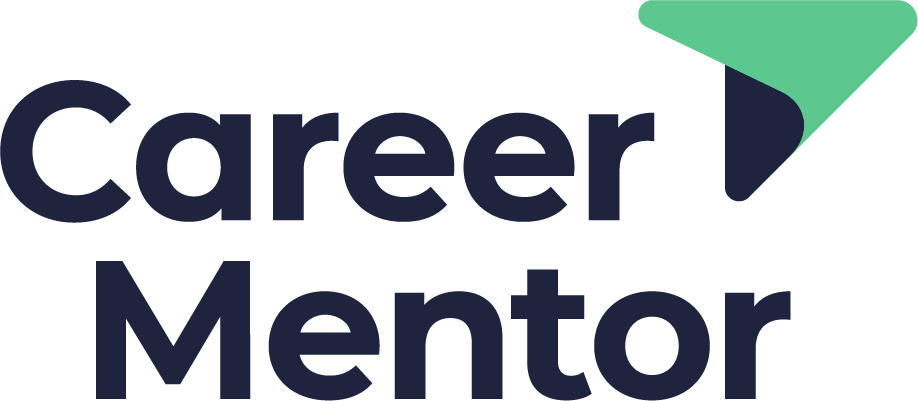Job search: attitude counts
Job searches can be a long and exacting process. If you’re employed, you’ll be short of time and if you’re out of work, there may well be cash flow pressures so the clock is ticking.
Either way, the attitude that you project to the market and to individuals in interviews will be felt and can be an important factor in the results that you achieve. Here are some ideas about some attitudes that might help, and some that could hinder your journey.
Abundance
You’ll appear to be an attractive candidate if you seem to have a sense of abundance. By this I mean that you have choice and can afford to be selective in the next job you decide to take. Think of the opposite. How would you react if you were contacted by a possible candidate who was clearly out of luck and had that aura of desperation and neediness. It’s not a good feeling and you may instinctively not want to hire that candidate.
So, how can you get that sense of abundance? I think that there are three things that you can do.
First, create a plan. Be clear about what you want and how you’re going to work systematically to get in front of the right people to have those conversations
Second, be very clear about what you have to offer. This will remind yourself of the great things that you have achieved in the past and can offer in the future.
Finally, get busy either with developing a number of serious conversations about actual jobs or exploring new areas to understand the appetite for someone with your skills. Being engaged in this way will significantly reduce any feeling of scarcity that you may have had.
Use your time well
Some employers may be concerned that you haven’t been snapped up. After all, if others haven’t wanted you, does that lower your perceived value to me? So, it’s important to be able to demonstrate that you’ve been using your time well. This could be with regards to your job search, or pursuing a passion, taking time off to spend with the family, or getting further education and qualifications. These are all good ways to address that concern. It will also be evidence of an energetic, proactive and positive attitude.
Being inquisitive and curious
Having your critical thinking facility fully engaged in job interviews will signal that you’re not desperate - in fact, rather the opposite. Furthermore, good employers will welcome incisive questions and see them as an indicator of a high calibre candidate. They’ll also have a sense that they might have to put in some effort to attract this candidate to their operation.
Robust and resilient
It seems obvious but necessary to say that there’s a great deal of rejection to be faced in a job search. Realising that it’s nothing personal and seeing it as an opportunity for better targeting and better value presentation will help.
Professional courtesy
Acting in a competent and highly professional manner is a basic and essential attitude to take. Being super organised, punctual, following up with thank you notes, and speaking well of previous colleagues and employers with discretion and diplomacy are mandatory. There’s been a trend recently from some parties to “ghost” people after interviews or mid-conversation. This is the very opposite of what one should be trying to achieve in my view.
LinkedIn Profile
Regular readers know how much of a fan of LinkedIn I am and will not be surprised that I want to include something about profiles here. Given that we want to project an image of abundance and being an attractive candidate both to ourselves and our target audience, having ‘Open to Work’ circling our Profile photo is not a great idea. Equally, any text in the Headline or About sections which smacks at ‘I am desperate to get a job’ runs counter to our narrative. Finally, think carefully about anything that you might post that is in any way negative or needy.
—
I hope you find this useful. As I’m sure you realise, the attitude that you bring to a job search and then maintain should it take some time, is a critical component to be worked on. If you’d like a conversation about your job search, interview technique or other career questions, then get in touch.
